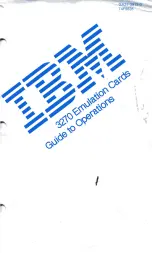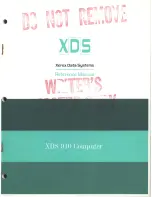
C2-7000 S
ERIES
O
PERATION
M
ANUAL
82
12.2
Edge-blending requirements
To obtain the best edge-blending results, you will need:
1. A perfectly flat projection screen. This is vital, or it will not be possible
to perfectly align your two projected images with each other.
2. Two matched projectors. Every projector on the market is different,
with different lenses, projection methods, brightness, contrast, etc.
Ideally you will need to identical projectors to obtain the best results.
3. A solid table or mounting bracket. Once you’ve set up your projectors
and aligned them, you will not want them to move – so some method of
holding them in place with brackets secured to walls or ceilings, or
simply a sturdy table, will be vital.
4. Adjustable mountings (or more preferably projectors with built-in
advanced adjustments). Proper alignment of two projectors can be
very difficult, but will be aided by using some sort of mounting bracket
that is easily adjustable. You may need to be able to move the
projectors independently in all directions: left, right, up, down, forward,
backward and also be able to tilt them to correct for any rotational
errors.
5. Adjustable projectors. Most projectors will offer certain advanced
features such as key-stone correction. This will be vital to ensure
proper alignment, as it will partly compensate for mounting problems.
6. Of course, you’ll need one or more CORIO®2 units (depending on the
model) with the latest firmware that supports edge-blending.
S-curves for left and right projectors, with edges blended.
S-curves, when properly overlapping, will add together to result in full
brightness.
Summary of Contents for C2-7000 Series
Page 120: ......
















































